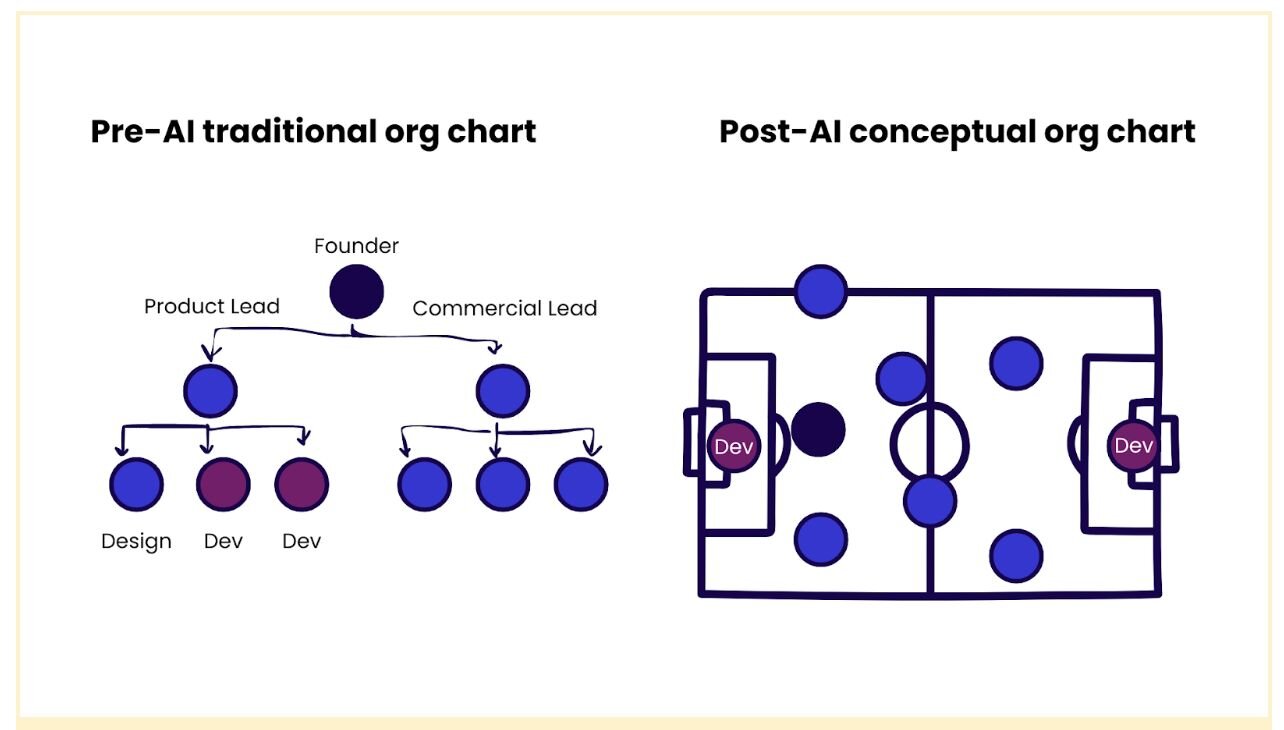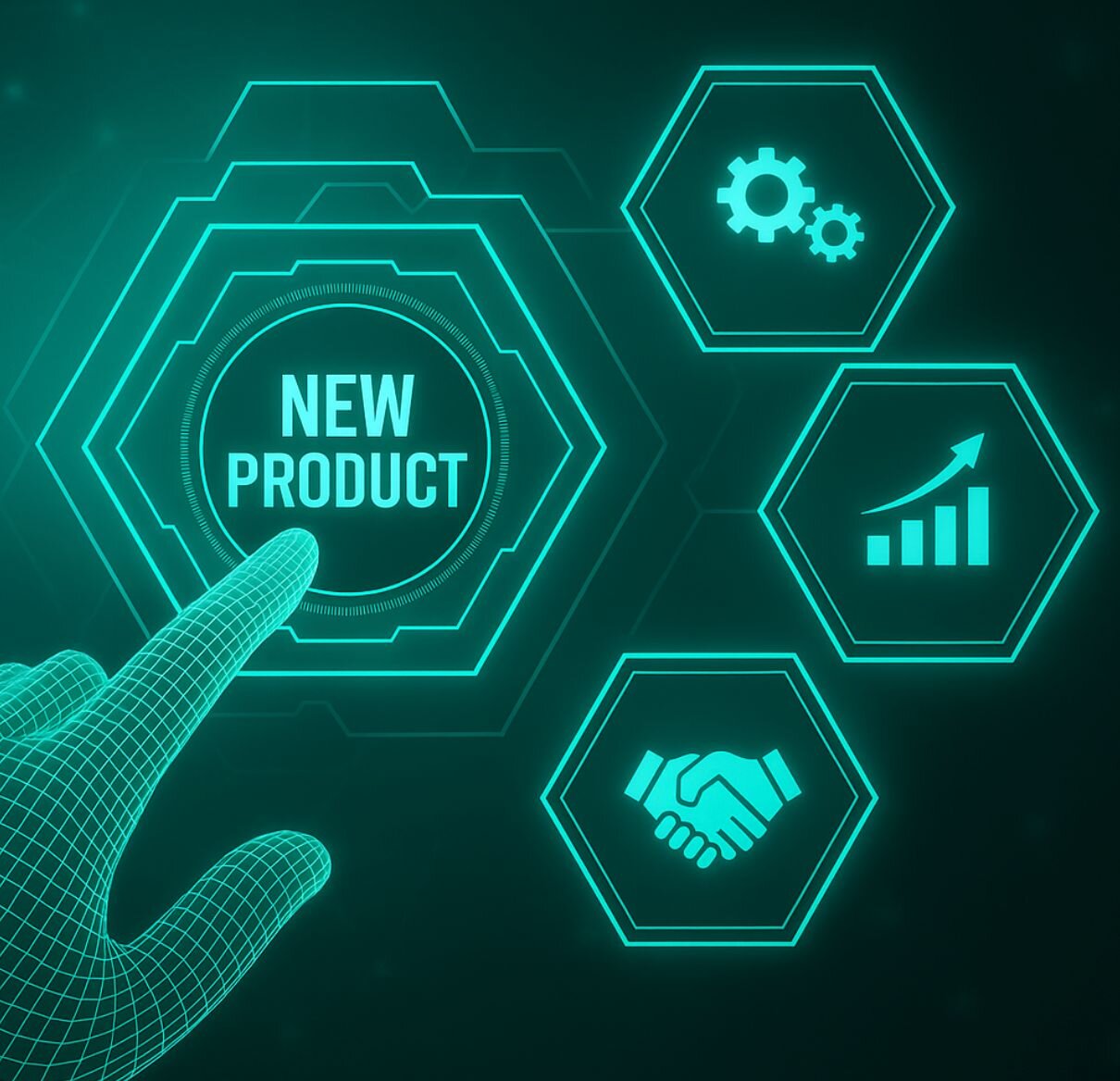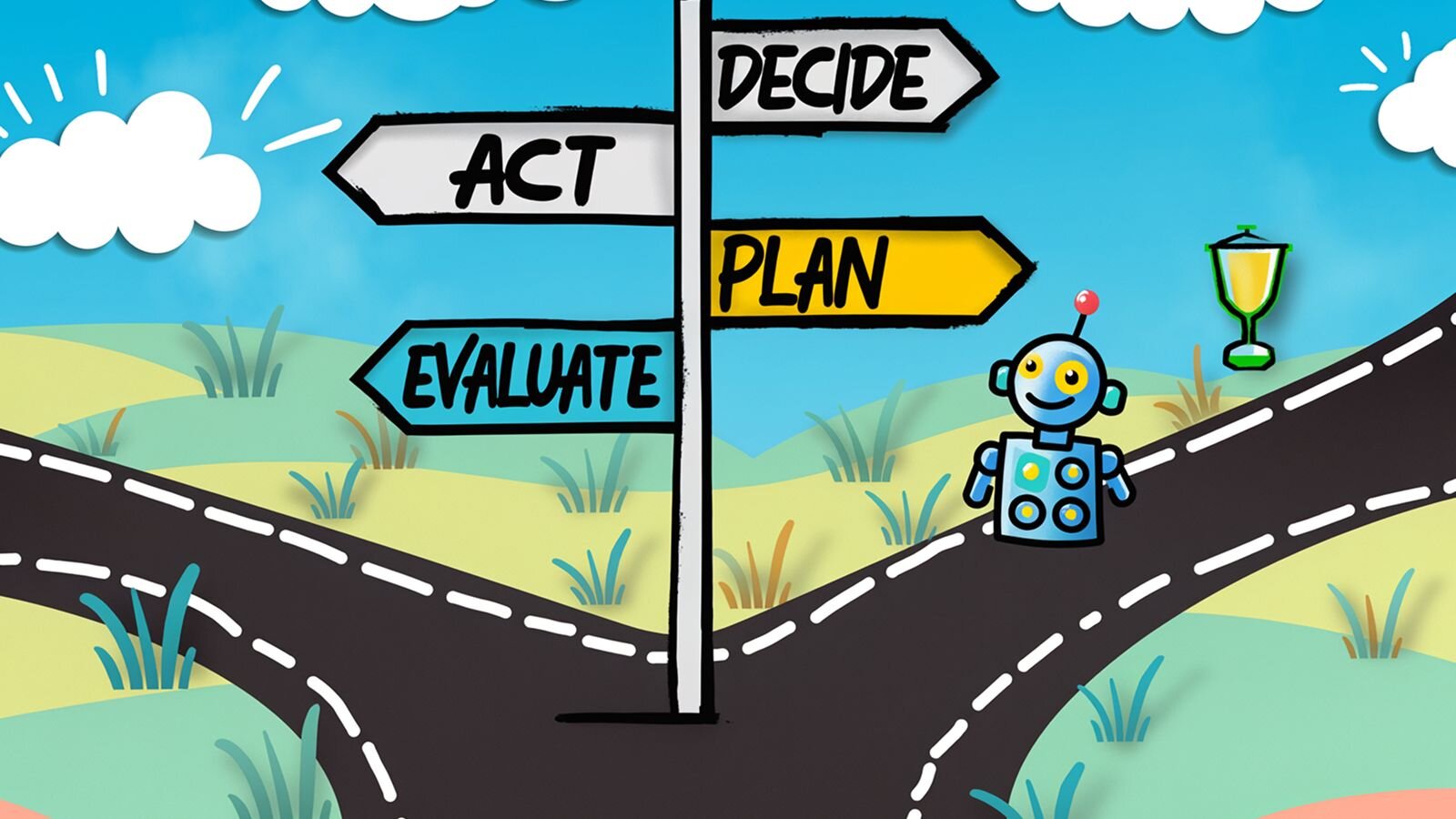Full stack originally referred to full stack developers, who possess comprehensive knowledge and skills across the entire technology stack, encompassing both front-end and back-end development. These developers could handle all aspects of software development, from user interfaces to server-side logic and databases. The term "full stack" highlighted their ability to work on all layers of the technology stack.
Later, the concept of full stack expanded to include designers. Full stack designers are skilled in various areas of design, including user experience (UX), user interface (UI), visual design, and even front-end development. They have a broader understanding of the design process and can take a project from concept to implementation, working across different design disciplines.
More recently, there has been a growing trend toward full stack product managers. Full stack product managers need to possess knowledge and proficiency in areas such as technology, data analysis, design, business strategy, and marketing. This enables them to take a holistic approach to product management, considering various factors that impact the success of a product.
But, the question is – do we really need full stack product managers? Is full stack product management a good idea? Is it realistic for us to be "full stack" in the same way that developers or engineers aim to be?
The emergence of full stack product managers is driven by the need for cross-functional collaboration and a deeper understanding of the entire product development lifecycle. By having a comprehensive understanding of multiple disciplines, full stack product managers can effectively communicate with developers, designers, marketers, and other stakeholders. They can bridge gaps between different teams, align strategies, and make informed decisions that consider the technical, design, and business aspects of the product.
We can see a lot of pros for companies here. While it may seem advantageous to require product managers to be full stack, there are several reasons why this may not be the most effective or feasible approach.
Jack of all trades, master of none – one may argue. Expecting a single person to be so knowledgeable in technology, data, design, business, marketing, and more, may set unrealistic expectations. After all, product managers who are very good in multiple domains are rare, and companies may struggle to find and attract such talent. Additionally, juggling technology decisions, design considerations, business objectives, and marketing strategies can often be overwhelming. However, one of the most important possible cons is actually connected to team dynamics. Requiring product managers to be full stack may undermine the importance of collaboration and working with subject matter experts.
But what is the alternative?
Isn’t the whole purpose of product management is being the ultimate connector in a giant puzzle? And for us to be that – we do need to understand every aspect of product development and growth.
Ken Norton, Former Group Product Manager at Google and Partner at Google Ventures said: "Great product managers don't just have opinions. They have informed opinions. They know enough about the different functions to make well-informed decisions."
Development methodologies, software architecture, APIs.
Design principles. User experience. Usability.
Data analysis. Metrics. User insights. Trends.
Marketing. Demoing. Customer support.
Cost analysis. Revenue projections. ROI.
And so much more.
It’s a lot for one person to be an expert in. But ultimately, the goal for a product manager is not to become a master of everything, but rather to possess a combination of skills that enables us to drive the product's success by effectively managing the product development process, aligning stakeholders, and delivering value to users and the business. While we should have a working knowledge of technology, design, data, and business concepts, we are not expected to possess the same level of technical expertise as dedicated specialists in those fields. Instead, product managers excel in our ability to collaborate, communicate, prioritize, and make strategic decisions.
The future of product management is likely to be shaped by so many different trends and shifts in the industry, including evolving consumer expectations, technological advancements, market dynamics and so many others. But some things will remain the same, if not further emphasized. Product managers will increasingly rely on data to make informed decisions. With advancements in analytics and data science, there will be a greater emphasis on leveraging data to understand user behavior, identify trends, and drive product improvements. The importance of understanding and meeting customer needs will also continue to grow, and with the reliance on understanding user preferences, pain points, and behaviors, and incorporating this knowledge into the product development process. At the same time, there is an increasing emphasis on ethical considerations and responsible product development – which will only continue to grow. Product managers will need to address concerns related to privacy, security, diversity, and inclusivity. We will play a crucial role in aligning our product strategies with ethical standards and societal impact of products we are building.
Thriving in the evolving landscape of product management or staying ahead of the curve most certainly does not mean neglecting either one of these aspects.
Ultimately, the ideal extent of being a full stack product manager lies in striking a balance between having a broad understanding of multiple disciplines and focusing on core product management competencies.
So, whether it's called "full stack product management" or not, the essence of the product manager's role remains the same: to be knowledgeable in multiple disciplines and bring them together. The title itself may vary, but the expectations and responsibilities are clear.
The focus should not be on the label, but rather on the product manager's ability to navigate the complexities of diverse disciplines and make informed decisions that drive the success of the product. So, regardless of the terminology, the key lies in embracing the interdisciplinary nature of product management and leveraging that knowledge to deliver valuable products.
Full stack product management or not, at the end of the day – an amazing product manager understands the importance of being well-versed in multiple domains to excel in their role and bring to life value delivering, successful products.
This is what we have signed up for.
(And what we love.)







